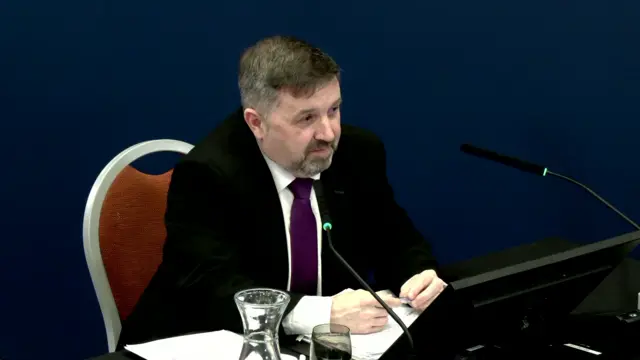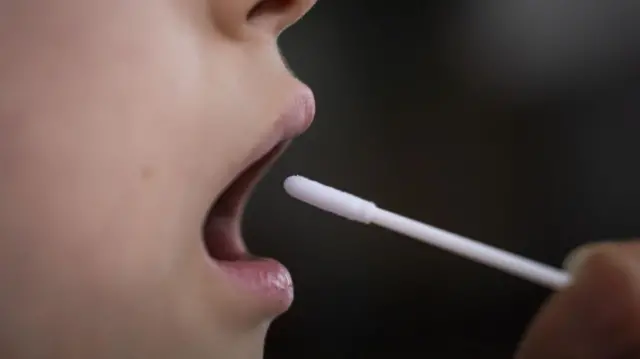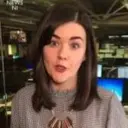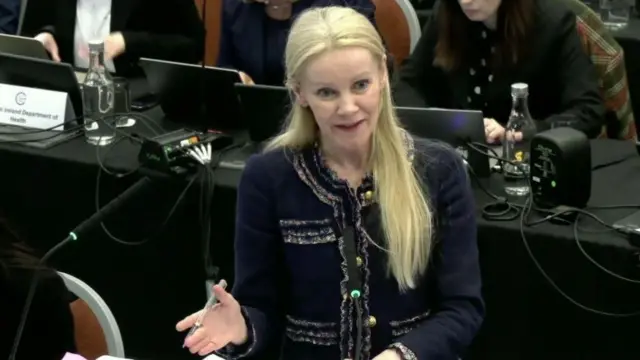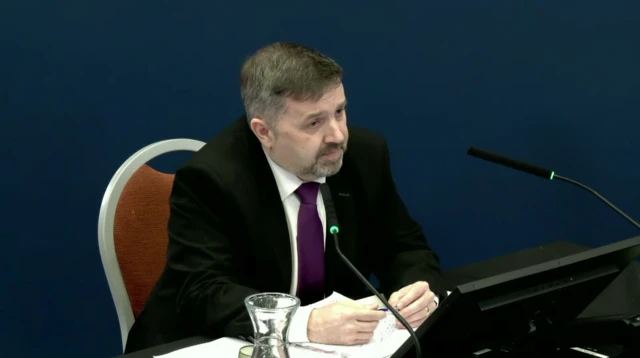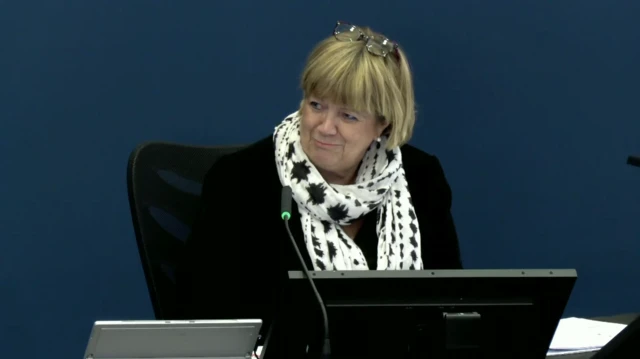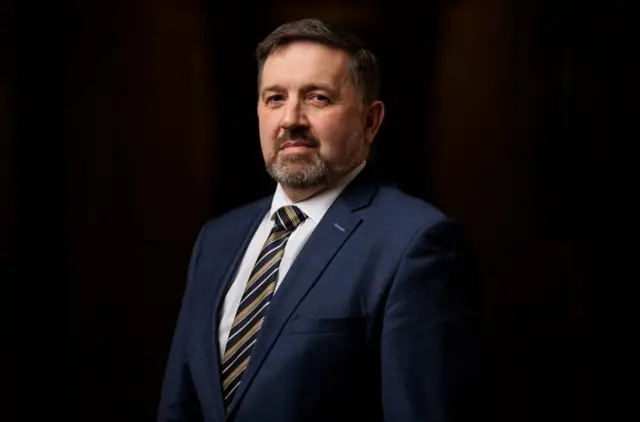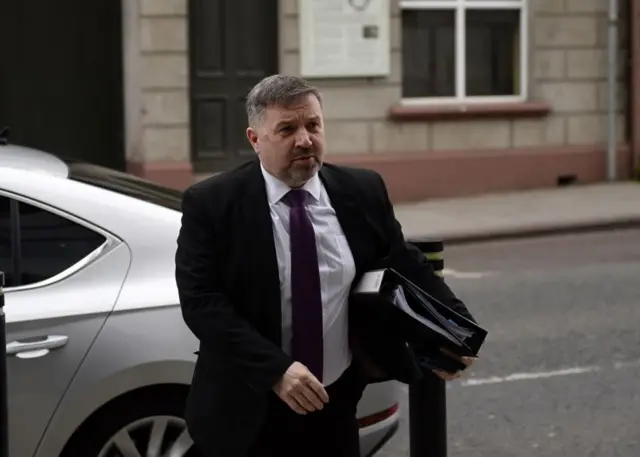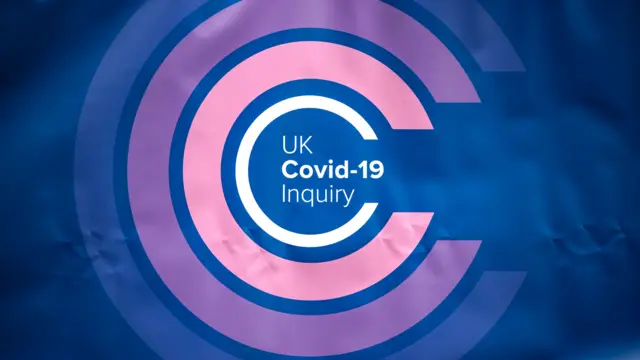Swann 'not concerned' about late February contingencies meetingpublished at 12:41 BST 13 May 2024
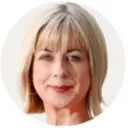 Marie-Louise Connolly
Marie-Louise Connolly
BBC News NI Health Correspondent
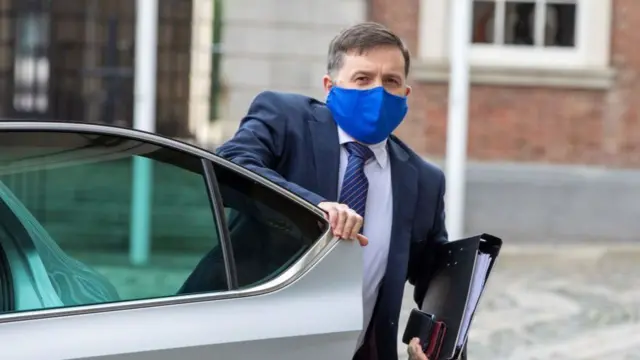 Image source, AFP via Getty Images
Image source, AFP via Getty ImagesRobin Swann tells the inquiry at the time he wasn’t concerned that the first Civil Contingencies meeting didn’t take place until 20 February 2020.
He says meetings were happening behind the scenes.
A list of four priorities was presented at that contingencies meeting which Mr Swann agreed seemed “limited” and “underwhelming” considering what had been shared by Cobra and England’s chief medical officer up to that point.
